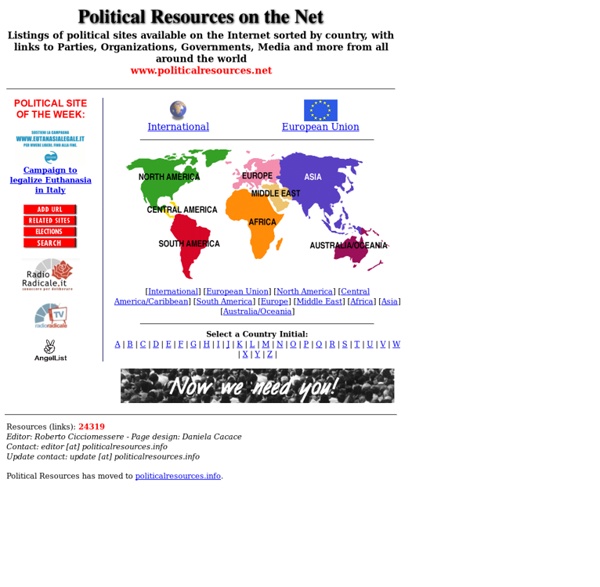



Category:P2P State Approaches This section will be further developed: Hilary Wainwright: Co-Creative Labor, Productive Democracy and the Partner State; a very important text to reset government policies for the p2p age. The 3 parts cover: 1 A value revolution in labor; 2 Re-constituting industrial strategies based on co-creative labor; 3 The Co-Creative Economy needs a Partner State Michel Bauwens: Tommaso Fattori: Vasilis Kostakis: At the Turning Point of the Current Techno-Economic Paradigm: Commons-Based Peer Production, Desktop Manufacturing and the Role of Civil Society in the Perezian Framework. tripleC 11(1): 173-190, 2013. Help us develop the following concepts: Other key concepts: David Ronfeldt on the Assurance Commons Public-commons partnership is a means of de-privatization while public-private partnership is a means of privatization. - Poor Richard (Facebook, October 2012) Commons-Public rather than Public-Commons "We should link up social-public partnership and Commons-Public Partnerships. - Pat Conaty
A Ragged Edge Online Keele Guides to Internet Resources Government and Politics on the Internet from the School of Politics, International Relations & Philosophy Keele University These guides are designed to help researchers and students of politics. The Keele Guides to Government & Politics In [United Kingdom/England & Wales] [Scotland].. Keele Guides to [Constitutions].. Also [Disasters and Emergency Management] Imagining Collectively Intelligent Communitie The Co-Intelligence Institute CII home // CIPolitics home When I imagine visiting some idealized collectively intelligent community of the future, I come up with something like the following. This vision is only one of many that are possible -- some of which would undoubtedly be even more co-intelligent. Physical arrangements and structures. Practices and rituals. 80% of the members of the community participate in at least one (and usually several) of the hundreds of "open space" gatherings held each year. Beliefs, reality and values. The group story. Relationships and power. Leadership and initiative. Information and feedback. Collective support for individual co-intelligent improvement. Resources for the group's intelligence. The collective field.
RebelReports Portal:Politics From Wikipedia, the free encyclopedia Politics are the process and method of gaining or maintaining support for public or common action: the conduct of decision-making for groups. Although it is usually applied to governments, political behavior is also observed in corporate, academic, religious, and other institutions. Political science is the field devoted to studying political behavior and examining the acquisition and application of power, or the ability to impose one's will on another. The European Union is an international organization of 27 European states, established in 1992. Purge server cache
Almanac of Policy Issues: World - Foreign Affairs and National S American foreign policy, shaped for decades by an ongoing Cold War with the former Soviet Union, is today still adjusting to post-Cold War realities. The dangerous, but relatively simple, bipolar world of two competing nuclear superpowers has dissolved into a unipolar or multipolar world, depending upon one's view of U.S. dominance of the international arena. U.S. foreign and national security policy has shifted from containing Soviet communism to addressing conflicts in smaller, but still dangerous, hotspots throughout the world. Often in conjunction with international bodies like the United Nations or NATO, much of American foreign policy now focuses on peacekeeping efforts in places like the Kosovo, Iraq, or Afghanistan. Debates over many foreign policy and national security issues continue to be drawn along traditional left-right lines. American foreign policy, of course, encompasses much more than matters of war and peace. Sponsored Listings
Localism: An Alternative to Globalisation 28 March, 2012 Sustainable Economy: Keeping Wealth (Wellbeing) In Our Families And Communities By Bryan Innes Before industrialisation, economy mainly referred to local economy and household economy, based on cooperative and competitive processes. How can we shift from today’s centralised and global economy to a resilient local economy? On Being In Time For Transition By Sharon Te Apiti Stevens When our stories of urgency and the material conditions that accompany them keep us from “thinking like a mountain”, let us at least respect a pace of change that allows us to think like a tree, rooted and aware of the slight changes in the wind and the seasons. Sacred Economics With Charles Eisenstein - A Short Film By Ian MacKenzie Sacred Economics traces the history of money from ancient gift economies to modern capitalism, revealing how the money system has contributed to alienation, competition, and scarcity, destroyed community, and necessitated endless growth 05 March, 2012 25 February, 2012
The Progressive | Peace and social justice since 1909 What Is Extreme Democracy? "Extreme democracy" is a political philosophy of the information era that puts people in charge of the entire political process. It suggests a deliberative process that places total confidence in the people, opening the policy-making process to many centers of power through deeply networked coalitions that can be organized around local, national and international issues. The choice of the word "extreme" reflects the lessons of the extreme programming movement in technology that has allowed small teams to make rapid progress on complex projects through concentrated projects that yield results far greater than previous labor-intensive programming practices. Extreme democracy is not direct democracy, which assumes all people must be involved in every decision in order for the process to be just and democratic.